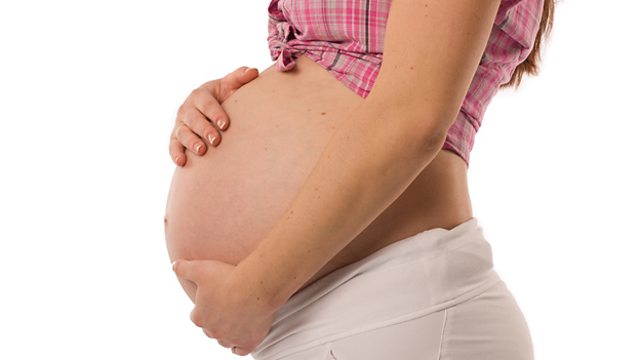
Teenage Pregnancy
Is the claim that βone-third of American girls become pregnant as teenagersβ really true?
βAbout one-third of American girls become pregnant as teenagersβ an article in the New York Times claimed. More or Less investigates whether that is true and examines the long-term trends when it comes to teenage pregnancy in developed countries. We speak to Bill Albert from the National Campaign to Prevent Teen and Unplanned Pregnancy, Heather Boonstra from the Guttmacher Institute and professor Roger Ingham from the University of Southampton.
Does 55% of communication really come from body language and gestures, 38% from facial expression and only 7% from words? It is a question that More or Less is regularly asked to look into. Five years on from first doing so, we replay the interview with professor Albert Mehrabian whose research is the source of the often heard claim.
In Trending β
A German YouTube Star β Charlotte McDonald has been to Berlin to meet one of Germanyβs biggest YouTube personalities, Le Floid. The 27 year old vlogger is the man behind βLeNewsβ, a channel that takes a different twist on current affairs in a bid to get people talking.
Rescue in Saudi Arabia β When a Filipina domestic worker in Saudi Arabia posted a video of her living conditions it was shared over 400,000 times across the world. We find out how the video led to her removal from the house and provoked debate in the country.
The Trending Minute β We talk flying lambchops. #fergusonriottips, dancing in Iran and Pit Bulls in America β all in 60 seconds.
In The Why Factor β
Why do we cook, and not just eat raw food like all other animals? Jo Fidgen hears that our ancestors first started to cook about two million years ago, and the advent of cookery coincides with out developing bigger brains, and smaller guts. Harvard primatologist Richard Wrangham argues that it was cooking that led to both these developments, as cooked food is easier to digest, and allows the body to absorb more calories from the food, thus making it possible to fuel a bigger brain. So cooking made us human.
Historian Felipe Fernandez-Armesto adds another dimension to this argument. He says cooking led to communal mealtimes and the move from solitary scavengers to organised groups β and thus the start of human society. Nowadays we also cook because we enjoy it, or to show our affection for those we cook for. But there are other, more basic reasons for cooking, such as making food safe to eat.
Jo Fidgen also talks to nutritionist Daniel Commane, and Itamar Srulovich and Sarit Packer, a couple who run a Middle-Eastern restaurant.
(Image: Pregnant woman; credit: Shutterstock)
Last on
More episodes
Previous
Next
Broadcast
- Thu 4 Dec 2014 09:05GMTΒιΆΉΤΌΕΔ World Service Online
Podcast
-
![]()
The Thought Show
Brings together in a single hour The Why Factor; More or Less and Trending.

